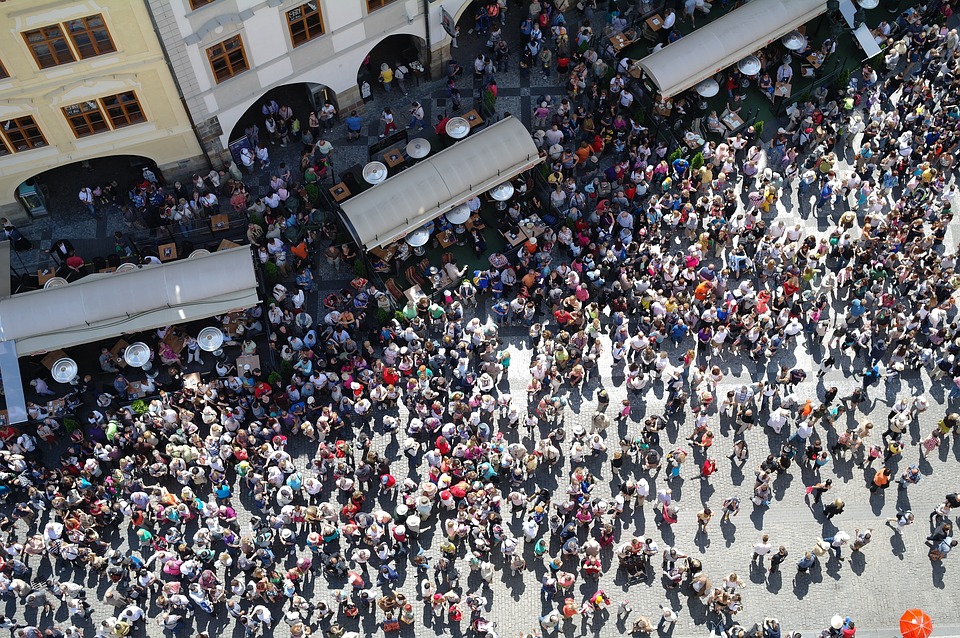Are you ready to embark on a journey filled with adventure, culture, tradition, and exciting attrations? Let your explorer's spirit soar and make unforgettable memories as you explore the beauty of our diverse world.
Explore ExperiencesWe’ve talked a lot about overtourism here on TE, but we’ve never really looked at what we, as tourists, can do about it.
Tourism can be extremely beneficial, helping small communities financially, conserving endangered species, and restoring historic sites. But it can also have many negative impacts, and overtourism is one of them.
Broadly speaking, overtourism is when there is an unsustainable number of visitors at a particular destination, causing rising prices to pitch out locals, overcrowd roads and tourist landmarks, and cause harm to fragile environments.
Also Read: What’s up with mass tourism?
What causes overtourism?
While numbers of tourists and visitors have been increasing for decades, there are lots of other factors that contribute to overtourism. Lots of people blame Airbnb for this recent phenomenon (due to the sudden increase in accommodation in already saturated districts) but this is more a symptom than an actual cause.
Success in the tourism industry is usually focused on growth, the more tourists the better – it doesn’t matter if they’re cruise ship passengers, backpackers, or resort guests. This means that governments are often reluctant to put caps on tourist numbers, or to increase tourist taxes, and introduce other measures to ensure that tourists don’t damage local lives and landscapes.
Another major factor is the increased availability of cheap flights, especially around Europe, in recent years. Cruise ships are another contribution, adding thousands of passengers to port cities each day, passengers who often spend very little time or money at these destinations (thus diminishing the quality of life for residents) but still crowd the popular sights, making it difficult for both locals and visitors who are staying at that destination and do help the economy.
Also Read: Why Cruises Are Actually Terrible
So what can we actually do about overtourism?
As tourists, we can make sure that what we do is beneficial by practising responsible tourism to reduce any negative effects.
One obvious solution would be to head away from mainstream destinations that face issues of overtourism (such as Barcelona, Venice, and Dubrovnik, among others) and explore other “offbeat destinations” in that country. There are lots of destinations that will actually benefit from an increase in tourists.
Also Read: 22 Underrated European Cities You Have To Check Out
If you really want to see these iconic places you can consider visiting during the off-season, which can also be a more pleasant experience for you, due to fewer crowds. This can reduce the strain on local infrastructure and transport, while also saving you a bit of money.
Travelling in smaller groups rather than in large crowds also helps avoid overtourism. It can also help you better connect with the destination, have more time to explore each place and to connect with the locals.
Whenever you travel you can also try to ensure that you try to spend your money locally, rather than at duty-free international stores. Staying at locally owned hotels and guesthouses, eating at local restaurants, and taking tours with local guides can make sure that local residents benefit and that tourism remains a force for good.
While ultimately a lot of power for change rests with governments and local authorities, who control tourist numbers – whether by raising prices, issuing permits to some attractions, banning very large cruise ships, or controlling which businesses open and where – as tourists, we can also ensure that our own behaviour is as beneficial as possible rather than being harmful.
Also Read: 6 Alternative Travel Destinations to Major Tourist Hotspots

